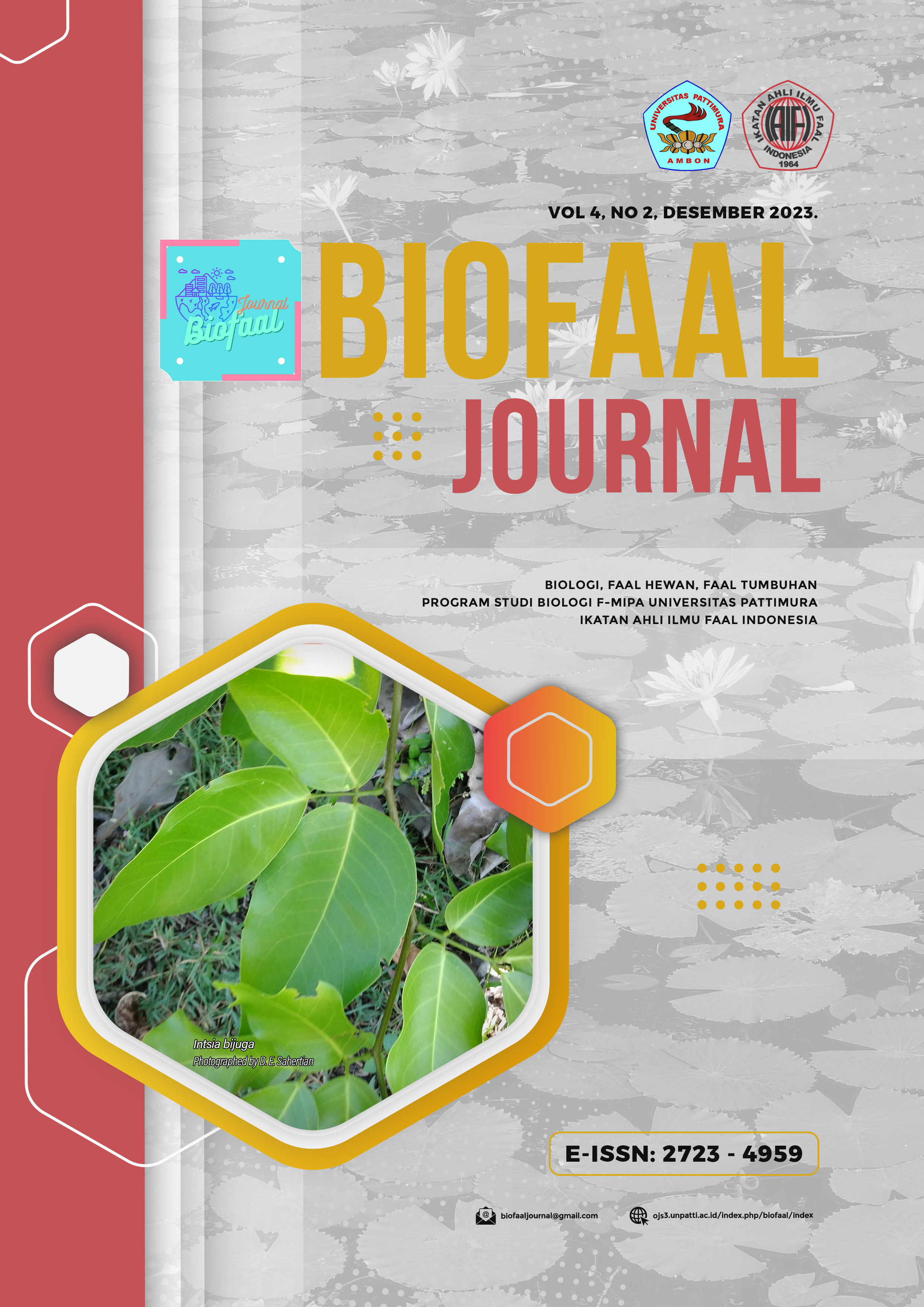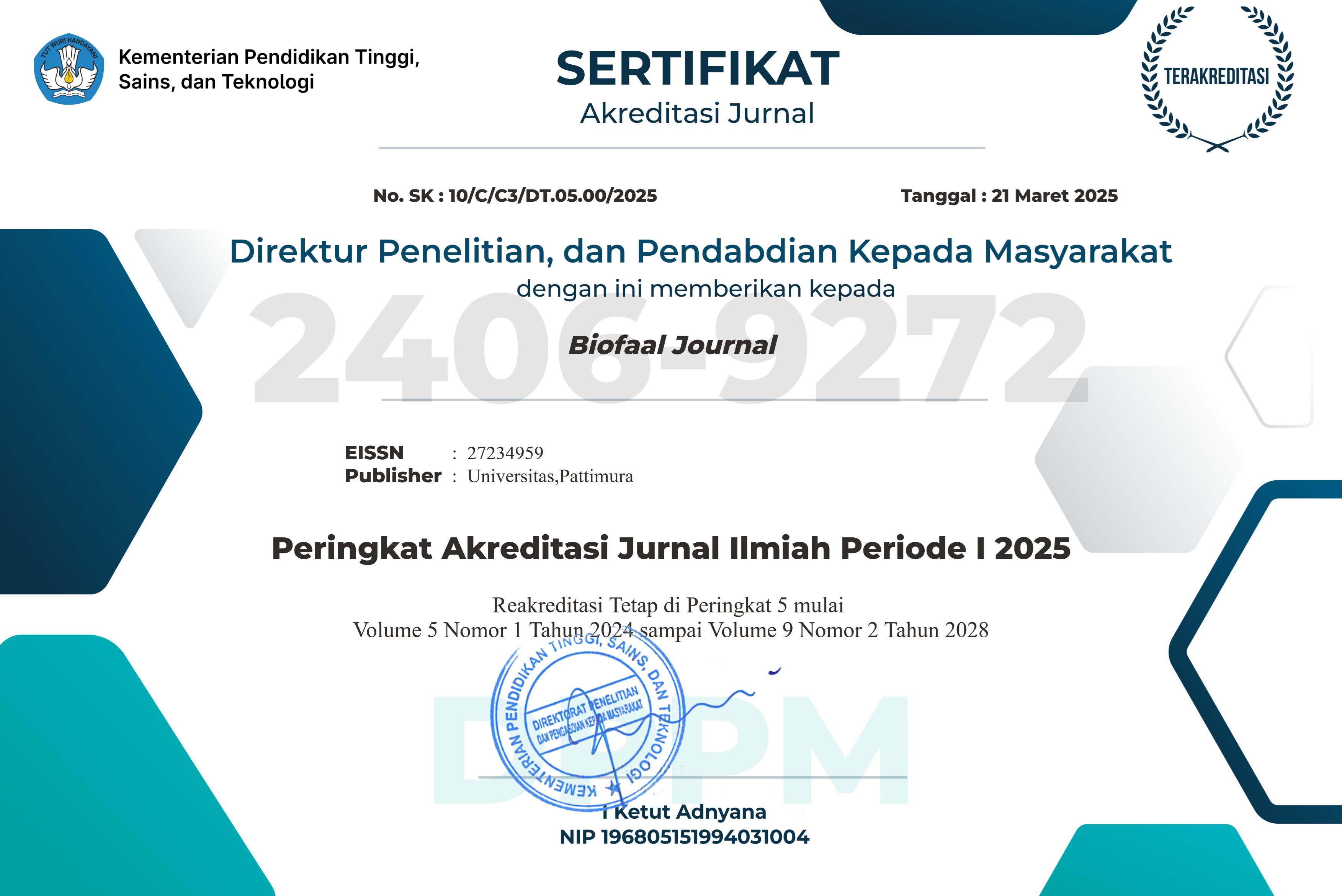UJI PURI SEBAGAI GAMBARAN STATUS HIDRASI JANGKA PENDEK SELAMA JAM KULIAH PADA MAHASISWA
Abstract
The large number of activities without being balanced with sufficient consumption of drinking water can affect the hydration status of the body, namely the occurrence of dehydration. The study aims to describe the short-term hydration status of D-III Nursing Study Program students in terms of the PURI test results. The method used is the PURI test, namely the urine self-check method which is carried out in 2 tests. The research also used a survey method to support the results of the PURI test. Based on the results of the study, the short-term hydration status of D-III Nursing Study Program students based on the PURI test on the results of the 1st test showed that most of the students 15% experienced mild dehydration and 72% experienced severe dehydration. This is related to the habit of students who never bring drinking water to campus and most students do not consume enough water during the range of lecture hours until the lecture is over. The results of the 2nd PURI test showed that 76% of students had good hydration status because prior to testing students were encouraged to consume sufficient amounts of water. The results of the study show that students awareness of meeting body fluids to maintain body fluid homeostasis needs to be increased.
Downloads
Copyright (c) 2023 Elysabet Herawati, Endah Tri Wijayanti

This work is licensed under a Creative Commons Attribution-NonCommercial-ShareAlike 4.0 International License.
1. Author retain copyright and grant the journal right of first publication with the work simultaneously licensed under a creative commons attribution license that allow others to share the work within an acknowledgement of the work’s authorship and initial publication of this journal.
2. Authors are able to enter into separate, additional contractual arrangementfor the non-exclusive distribution of the journal’s published version of the work (e.g. acknowledgement of its initial publication in this journal).
3. Authors are permitted and encouraged to post their work online(e.g. in institutional repositories or on their websites) prior to and during the submission process, as it can lead to productive exchanges, as well as earlier and greater citation of published works.








